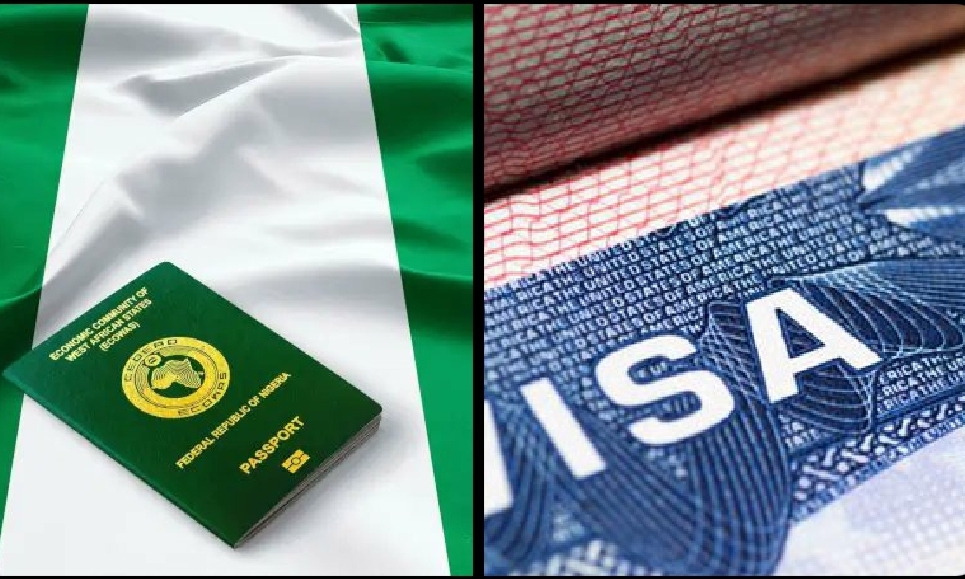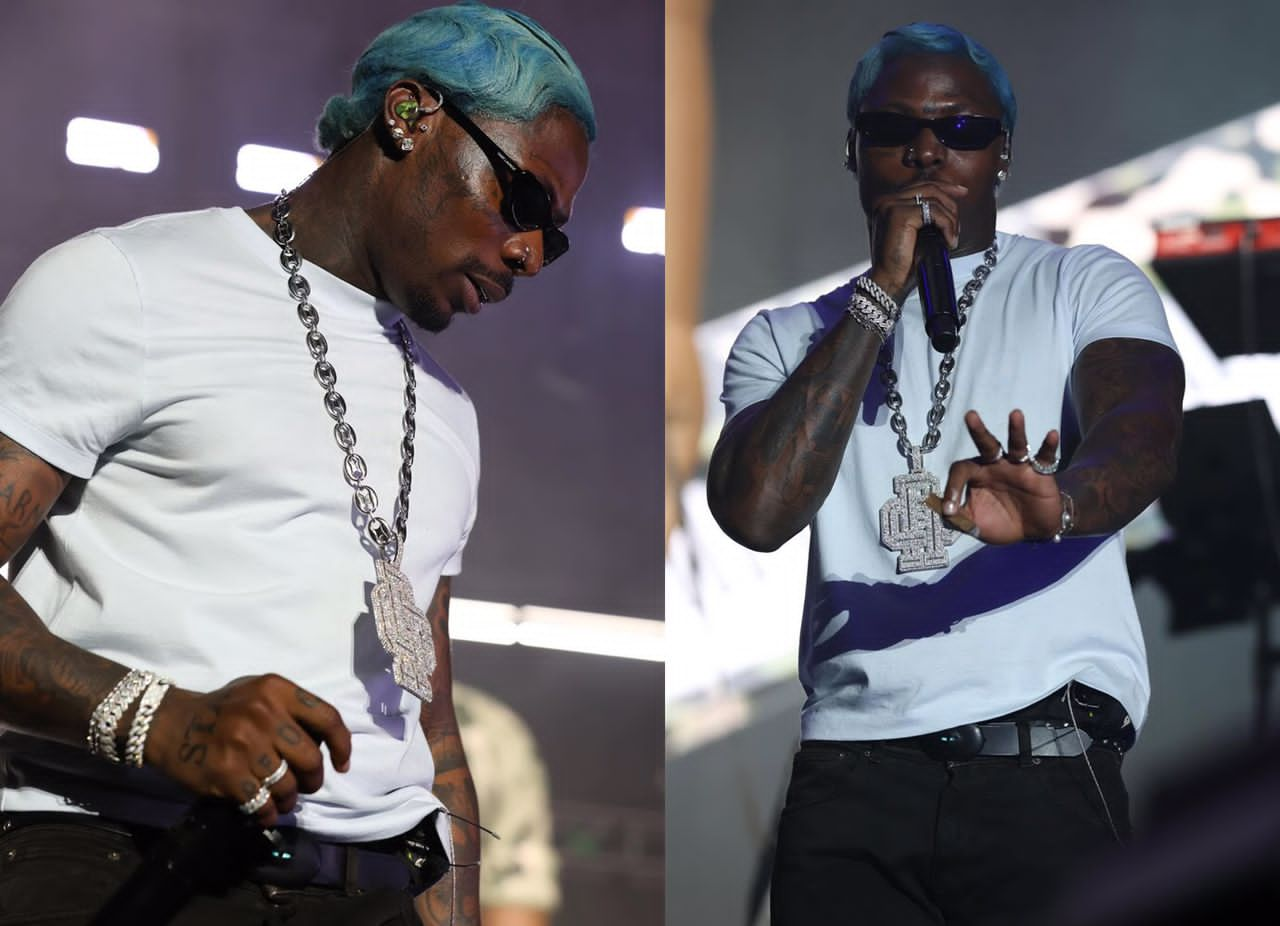
Nigerian Visa Applicants Now Required to Submit Five Years of Social Media History

A new layer of scrutiny has been introduced into Nigeria’s visa process, with applicants now required to provide details of their social media activity covering the past five years.
The policy, reported by Nigeria Stories, mirrors an earlier move by the United States in 2019, when the State Department expanded its data collection framework to include social media platforms as part of routine security vetting. That shift, controversial at the time, set a precedent that other countries are now following as global migration debates intensify.
The Nigerian update comes against a backdrop of heightened security concerns and a global shift toward digital surveillance in immigration systems. Its roots can be traced back to a 2017 regulation from the U.S. Department of Homeland Security, which emphasized the role of online footprints in assessing potential threats.
Nigeria appears to be borrowing from that playbook, especially after conducting a 2023 pilot program for electronic visa applications.
That trial quietly tested the integration of digital identity checks and has now evolved into a formal requirement that applicants disclose all active and past social media handles.
Supporters of the policy argue it reflects a practical reality: the digital age has blurred the lines between offline identity and online behavior, making social media a crucial space for detecting risks. A 2021 study published in the Journal of Cybersecurity noted that social media screening improved threat detection rates by nearly 30% when paired with conventional background checks. The Nigerian government, in adopting this requirement, is betting that such tools will strengthen border security and prevent abuse of the visa system.
But critics are raising alarms about privacy, freedom of expression, and the lack of clear safeguards. Human rights groups warn that forcing applicants to surrender years of online interactions risks creating a chilling effect, where individuals self-censor out of fear that posts, likes, or affiliations might be misinterpreted by immigration officers. The policy’s vague scope—failing to clarify how far back in digital archives authorities can dig, or how data will be stored—has only intensified these concerns.
For Nigerians seeking opportunities abroad, the development feels like an additional burden in a system already marked by bureaucracy and high rejection rates. Some fear that political commentary, criticism of government figures, or even satire on social media could be weaponized against them during the visa process. Others see it as part of a broader global trend, where states are increasingly treating personal data as a tool of governance and control.
In a world where borders are becoming more digital than physical, the new policy signals a shift in how nations view migration. It is no longer enough to provide financial statements, academic records, or travel histories—your online life, every tweet, every post, every meme, has now become part of your official identity.
The real test will be how Nigeria implements the system. Will authorities rely on algorithms and AI-driven analytics to sift through data, as the U.S. does, or will it be a manual, case-by-case review that slows the already cumbersome visa process? And perhaps more importantly, will the policy genuinely enhance security, or simply add another layer of surveillance with questionable returns?
For now, one thing is certain: the requirement has made applying for a Nigerian visa a far more invasive process than before, cementing the role of social media as not just a personal outlet but a state-controlled dossier. The digital trail Nigerians leave behind has officially become as important as the passport they carry.


